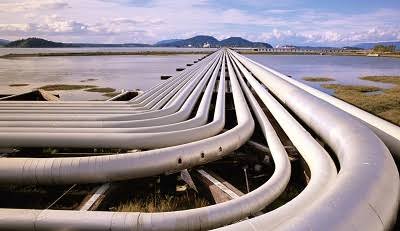VenturesNow
Nigeria, Algeria, Niger to revive Saharan gas pipeline talks

VenturesNow
IMF mission concludes 4th loan program assessment in Egypt
VenturesNow
Kenya seeks $750m from World Bank, obtains $200m from AfDB— Official
-

 Politics2 days ago
Politics2 days agoMauritius’ Prime Minister to double as Finance Minister
-

 Metro2 days ago
Metro2 days agoFinland-based Nigerians in panic as authorities search for Simon Ekpa’s sponsors
-

 Metro17 hours ago
Metro17 hours agoNigeria: CSO urges President Tinubu to investigate missing funds in Humanitarian Ministry
-

 Metro2 days ago
Metro2 days agoZambian govt successfully repatriates trafficked toddler from Mozambique






























